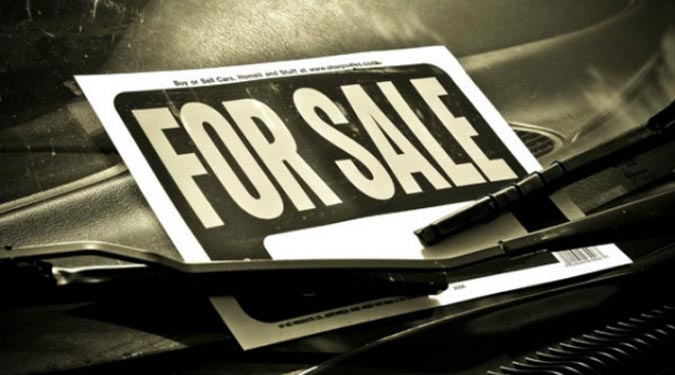Contracts form part of our everyday life and we may not even be aware of it. For instance, when you buy a car you have to sign on the dotted line – and what you sign is actually a contract. It is a legally binding agreement that you bought a specific car in a certain condition of which you were aware, for a certain sum of money. It details how much the repayments will be, when they will be due and how long it will take to pay off.
What contracts contain
Basically, most contracts contain similar information, although it does depend on what they are about. For instance, a work contract will be different from a contract to purchase a car. The work contract details how many hours you will work, for whom and how much you will be paid. It will usually give details about holidays, when they are due and how long they are for.
Many contracts have certain agreements in them due to the requirements of the law. For instance, work contracts should include a clause on how dispute resolution should be carried out.
Are they legally binding?
Not all contracts are legally binding. You can sign a contract that has a clause that it is conditional on certain things happening. This is usually indicated by the words “subject to….” Many contracts to buy a home are like this. They may be conditional upon the home being found in good condition with no termite damage, for instance.
The cooling off period
A contract can also have a cooling off period, so that if the person changes their mind about purchasing the item within a specified time, they are not legally bound to do so, even if they have signed the contract. If a non-refundable deposit was paid, then naturally enough, this will not be returned. The cooling off period for a used car is usually only 1 day, but for a house it is longer.
It is only possible to get out of a car purchase contract without penalty after the cooling off period if you can prove that a condition of the contract has not been met. For instance, if the car has some defect that was not mentioned. Quick action is necessary to accomplish this. You’ll need to see a lawyer who will check that you are within your rights, then give a letter to the dealer requesting cancellation.
If all the conditions have been met and you still need to get out of the contract it is likely that the dealer will claim damages for breach of contract. This could be a percentage of the sale price, so consider it carefully.

